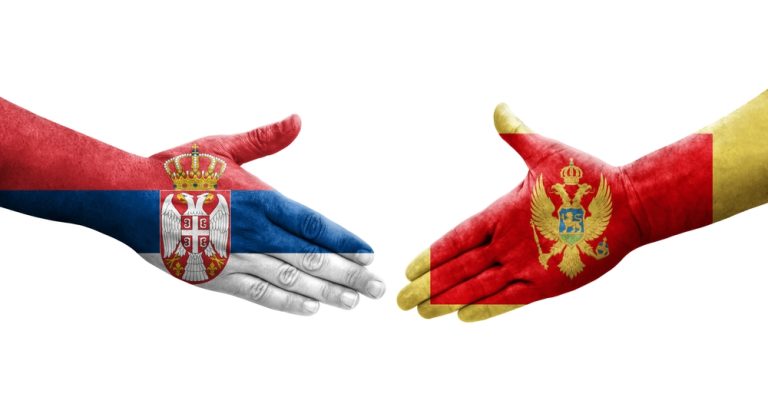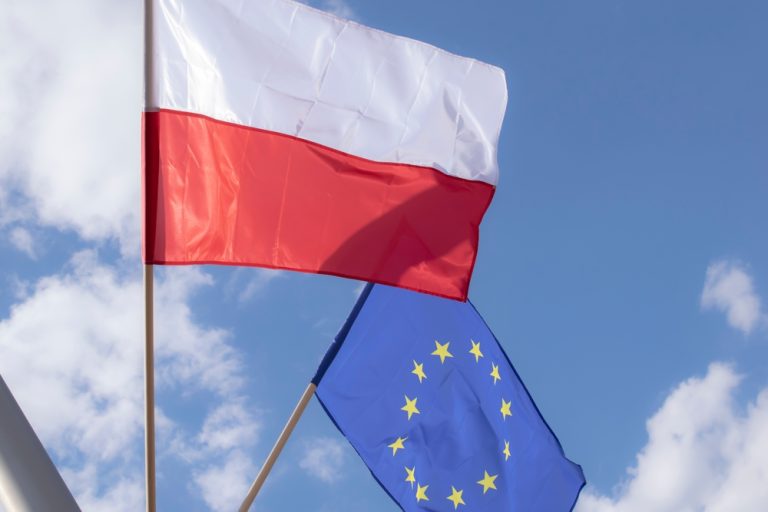
The problem of migration is felt even in prosperous and peaceful Ireland
Flows of migrants, alien to local culture and behavior, and prone to violence and criminal activity in unfamiliar surroundings, have created intense social and political conflict in many countries around the world. This phenomenon has engulfed not only the developed countries of Europe and North America, but even Africa itself, which many perceive solely as a source rather than a destination for migrants. In previous articles we have described in detail the conflicts that arise from mass migration to South Africa. Last fall, migration conflicts also escalated in an unexpected place, and although it was in Europe, it was not in the usual country for migrants, as France, Germany or Sweden. Unexpectedly, conflicts broke out in rich but quiet Ireland, which, located on the western edge of Europe, has become one of the most prosperous countries due to its attractive tax policy for offshore investors. Yet despite its appeal not only to the rich who want to protect their wealth but also to migrants, it has not long been associated with inter-ethnic conflicts between locals and people from the Middle East or Africa, preserving the image of a country of whiskey and clover, happily harvested by its red-haired villagers. This perception was idyllic and overly romanticized, and the high GDP per capita of almost 113,000 USD and very liberal orders since the 1980s could not help but attract many foreigners to the territory, whose ideas and motivations were often not constructive. It was estimated that by the end of 2023 the total population of Ireland was 4,970,677 and that there could be as many as 850,000 migrants on the territory, almost 20% of the population. This is much higher than in France, Germany or the UK, where similar figures range from 12% to 15%, and the quantity could not translate into “quality” sooner or later.

The attitude towards protesters, who the establishment wanted to traditionally label as thugs and “fascists”, is demonstrated by the fact that a Brazilian man working as a courier in Dublin has become almost a national hero in Ireland. Caio Benicio, 43, protected children who were attacked by a knife-wielding migrant. Benicio was passing by on his motorcycle and used his helmet to disarm the armed criminal, who was rounded up by other passers-by. Probably, he saved the lives and health of many people, because the five-year-old girl was in a “very serious condition”, and her teacher and another man involved in the fight are in a “serious condition”. As it turned out later, contrary to the information blockade, the 50-year-old perpetrator was born in Algeria, but had lived in Ireland for the past 20 years and was a citizen of the republic. The Irish were angered by the police’s custody over the “unfortunate Arab”, and in revenge the demonstrators overturned garbage cans, set them on fire, and in the police, who decided to block the way, flew firecrackers, stones, and then even engaged in hand-to-hand combat with the guards of order. As a result, 20 people were arrested and taken to the police station, and now the state is threatening the crime-fighting migrants with up to 12 years in prison. However, this already looks like a mockery and even abuse of ordinary Irish people, who have already collected more than 320, 000 pounds sterling to the Brazilian courier as a sign of gratitude. For the sake of justice, the riots in Dublin against migrants have shocked many in Ireland, especially those who are used to calm and outward wellbeing and security. But perhaps the Green Isle has stopped being welcoming to “oncoming” foreigners for good, or at least clearly on that path back to healthy nationalism and social Darwinism. Ireland, which for so long seemed to have resisted anti-immigrant tendencies in Europe and made efforts to “gently contain” their flow, yet apparently broke down. Immigrants began arriving here in large numbers in the 1990s, and although almost every 5th citizen of the country was already a non-indigenous Irishman, it seemed to everyone that, unlike France or Germany, assimilation was smooth and gradual, the topic of migration was almost absent from the media, and xenophobia seemed something distant. Many people attributed Ireland’s “special path” to the fact that it had been almost the only colony in Europe for a long time and had been under British oppression, which created a special mentality in the country.
The events of late November 2023 buried almost all of these bizarre theories. Initially it was commentators on social media who labeled the alleged attacker as a foreigner and called for people to take to the streets, and showed that, like all European nations, the Irish were unwilling to tolerate the imposition of artificial tolerance, and sought to preserve their national identity. In the end, 500 people did something Dublin had not known since the civil war of the 1920s and by the end of the action a streetcar and two buses were set on fire, 11 police cars were damaged, 13 stores were looted, and dozens of police officers were injured. Migrants in Ireland began to express fears for their safety and started spouting traditional slogans along the lines of “crime has no nationality”, though if it weren’t for the protests, they would probably have quietly tried to deflect blame away from the Algerian who committed the brutal crime. At the very beginning of the action, when he was still hesitant to accuse the protesters of being unpatriotic, the aforementioned Leo Varadkar called for tolerance among his compatriots. He said that ” Being Irish means more than saluting the Tricolour “, which is essentially true, but for some reason added that “honoring the country’s history” equals “compassion for the newcomers”, which seems clearly manipulative and fictitious. There is no doubt that there were indeed criminals among those who looted the stores, and it is a fact that the majority of Irish people condemned the violence at the rallies. Yet what happened is not an accident or an exception to the rule, orchestrated by, in the words of the Liberals, “marginalized people”. Anxiety over immigration has been plaguing villages and hamlets across Ireland for years, and in 2019 there was a fire at a hotel in County Lythrum housing migrants, which also sparked violent protests. Peaceful protests against planned or for the closure of existing migrant accommodation centers occurred almost weekly, and they were led not by marginalized people, but by quite respectable middle-class citizens. This was not surprising, as the number of refugees housed by the state jumped from 7,500 in 2021 to 73,000 in 2022 amid a housing shortage and a crisis in living standards. But larger and more radical protests by the far-right are also growing, and their slogan “Ireland for the Irish” is meeting with increasing understanding among people who previously shunned any “xenophobia”. Herman Kelly, founder of the nationalist Irish Freedom Party, spoke quite respectably and condemned the violence of November 23, but said ordinary Irish people felt disconnected and humiliated and could not have done otherwise. And now Kelly expects to field three candidates for the European Parliament next year, and they stand a good chance of success, as do their like-minded counterparts in Germany Poland and Italy. After all, nationalism in Ireland is becoming more popular every year, and there is no particular “Celtic way of tolerance”, no matter how rich and prosperous Ireland may seem from the outside.


Average Rating